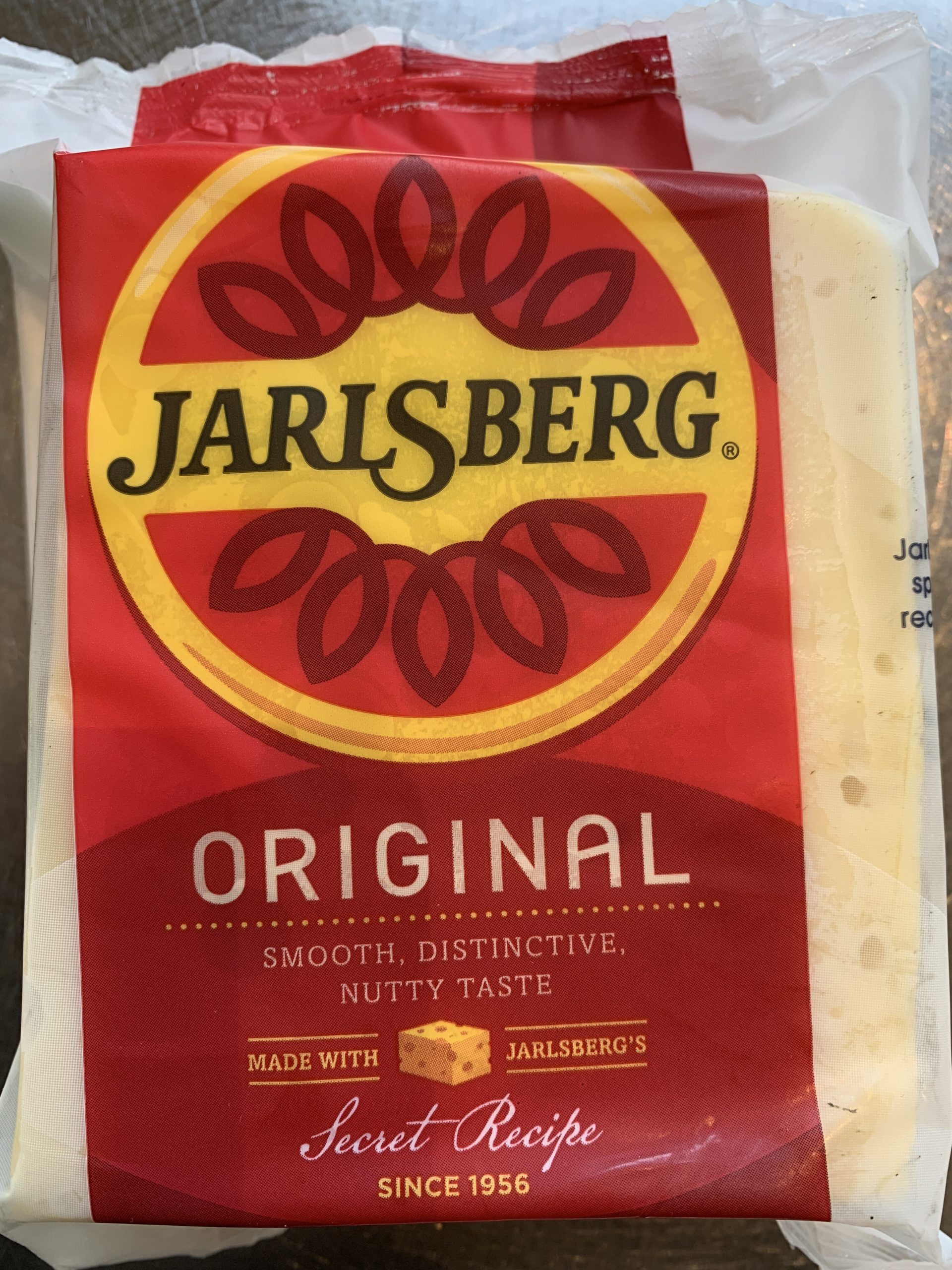Results from a clinical trial published in BMJ Nutrition Prevention & Health say that eating a small amount of Jarlsberg a day could boost levels of osteocalcin, a hormone which is known to strengthen bones.
57g a day could be beneficial in preventing osteopenia- the stage before osteoporosis- as well as helping to halt other diseases such as diabetes.
Along with osteocalcin, researchers found that Jarlsberg was rich in vitamin K2 another component that showed Jarlsberg to-so far- be the only cheese with capabilities of osteoporosis deterrence.
“This study shows that while calcium and vitamin D are known to be extremely important for bone health, there are other key factors at play, such as vitamin K2, which is perhaps not as well known,” said Professor Sumantra Ray of NNEdPro Global Centre for Nutrition and Health.
To come to this conclusion, scientists gathered 66 women in their early 30s and randomly allocated them 57g of Jarlsberg or Camembert cheese daily and at the end of six weeks swapped the women eating Camembert over to Jarlsberg.

It was also found that total cholesterol and LDL (harmful) cholesterol levels went right down after the women eating camembert switched while Gylcated hemoglobin levels went down three per cent.
“After switching cheese, calcium levels dropped in this group too, possibly reflecting increased uptake of these key minerals in bone formation,” said researchers.
Even though the results seem promising, experts were quick to point out that this study was only done on a particular group of people and may not benefit everyone.
“As this is a small study in young and healthy people designed to explore novel pathways linking diet and bone health, the results need to be interpreted with great caution as the study participants will not necessarily be representative of other groups.
“And it shouldn’t be taken as a recommendation to eat a particular type of cheese.”






